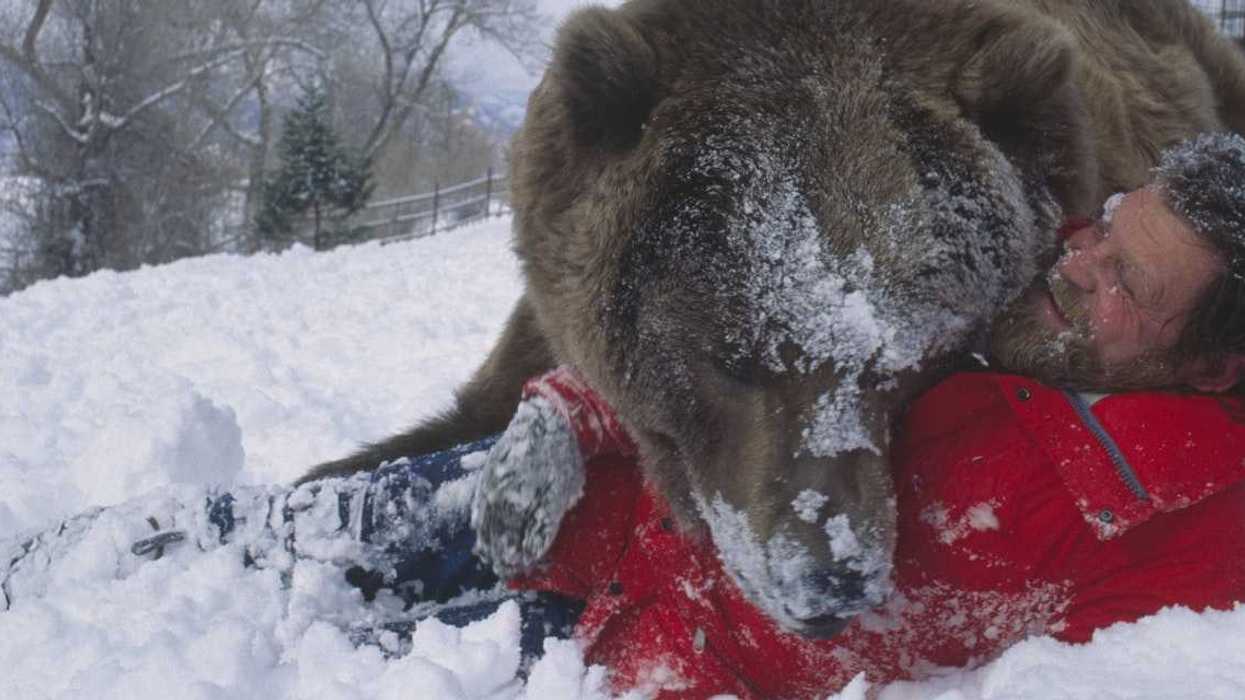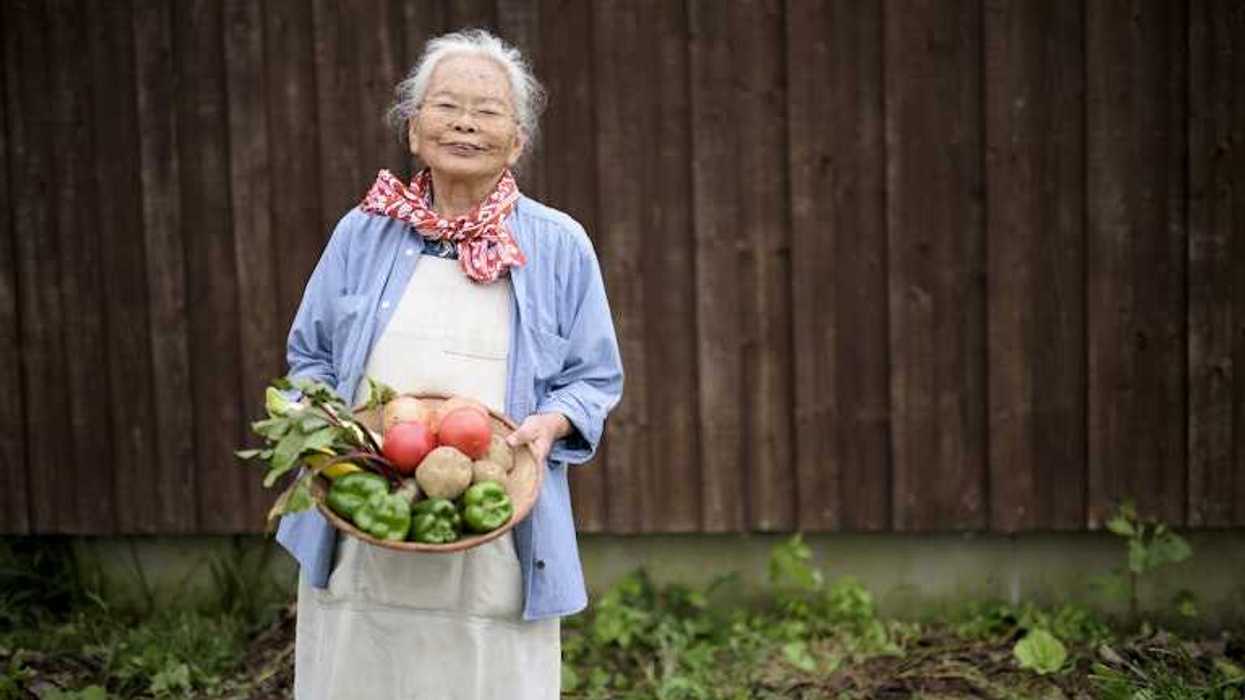Picnics were once fashionable social events, where guests brought elaborate potluck dishes to share. In the mid-19th century, they spawned a sub-genre of American landscape painting: the "picnic pastoral." They've since evolved into informal meals eaten outside and they're a sure sign of summer.
But is there a biological reason we eat outside? Do we all stand around barbecues out of some innate craving for seared meat in a cave? Probably not. As Annalisa Barbieri writes in More Intelligent Life, the novelty of al fresco dining hinges on our previous experiences, so our impulse to eat in the great outdoors may have more to do with nurture than nature. One researcher, Herbert L. Meiselman, told her:
"I think food tastes the same whether eaten inside or out. But I think your appreciation of it is different. It’s about expectation—eating outdoors is idealised—and anticipation. For example, someone going to a fancy restaurant expects to enjoy their dinner, so they probably will enjoy it."
Others have linked outdoor dining areas in schools with improved test scores, as Richard Louv writes in The Nature Principle. So, as whimsical as it might sound, if we're serious about addressing the problems associated with fast food and cupholder cuisine, a culture of outdoor dining might be a good place to start. The gingham, I'm guessing, is still totally optional.
Photo (cc) by Flickr user foxandfeathers
















 Otis knew before they did.
Otis knew before they did.